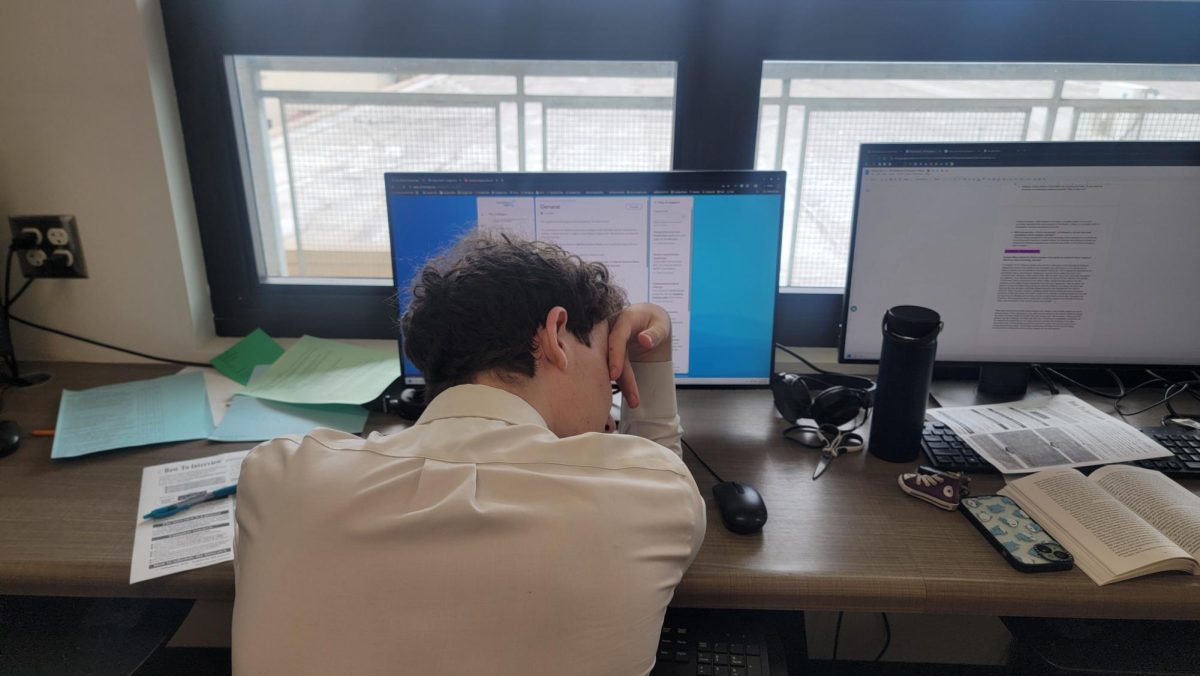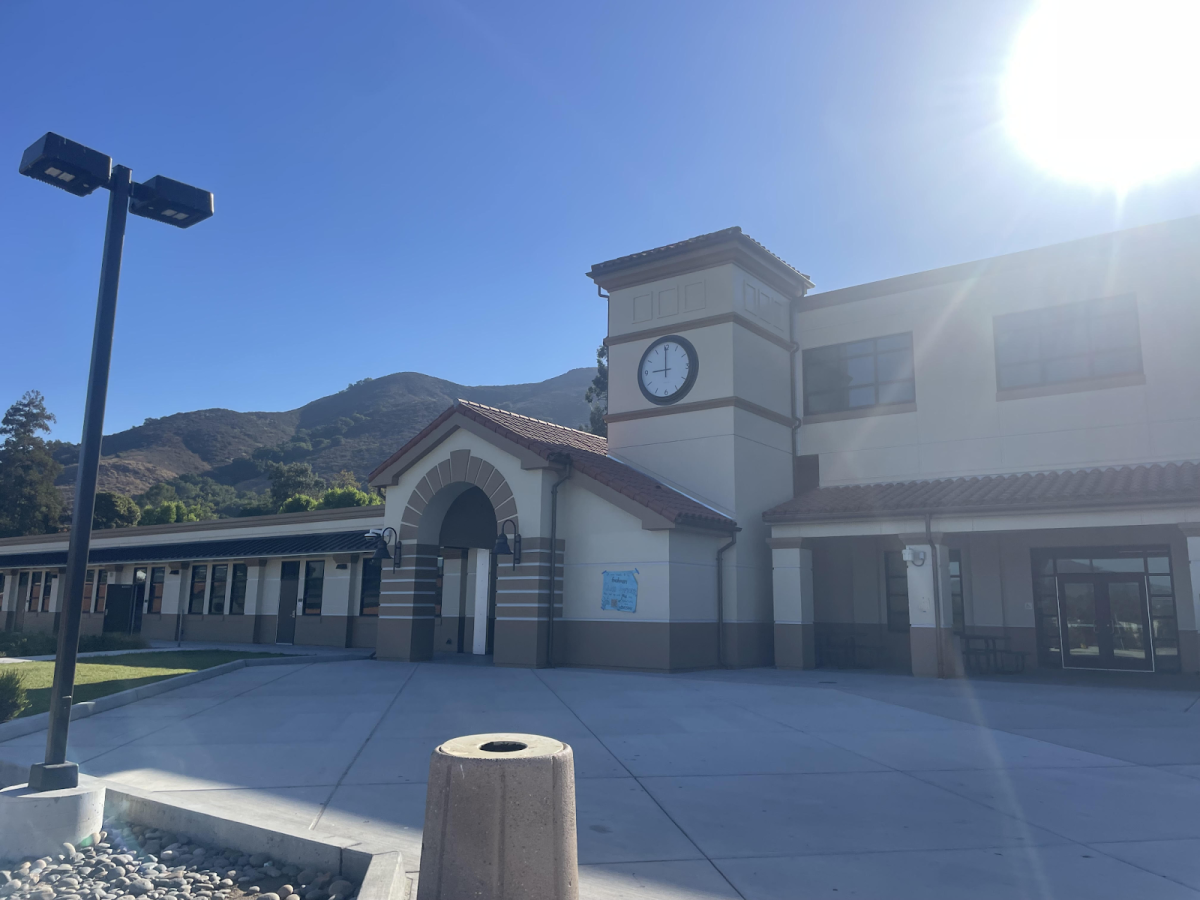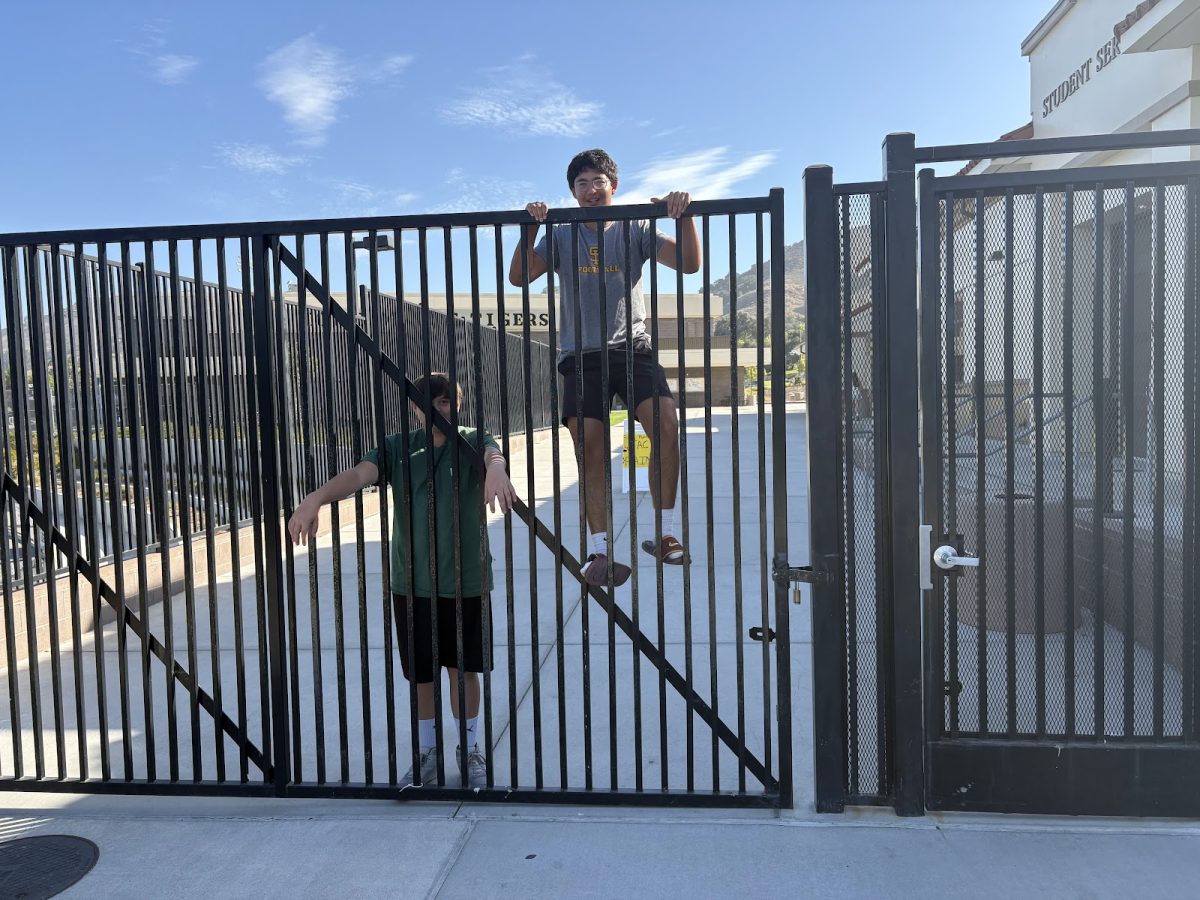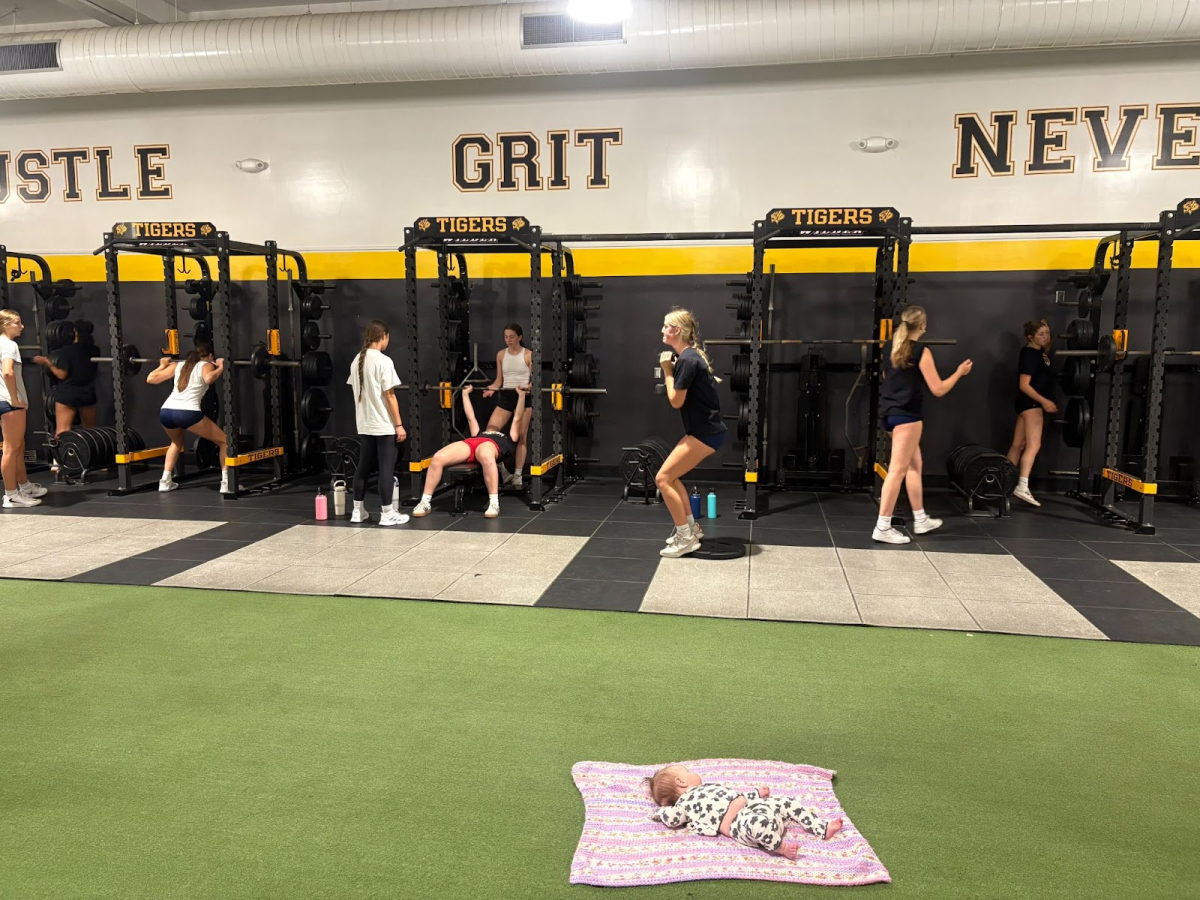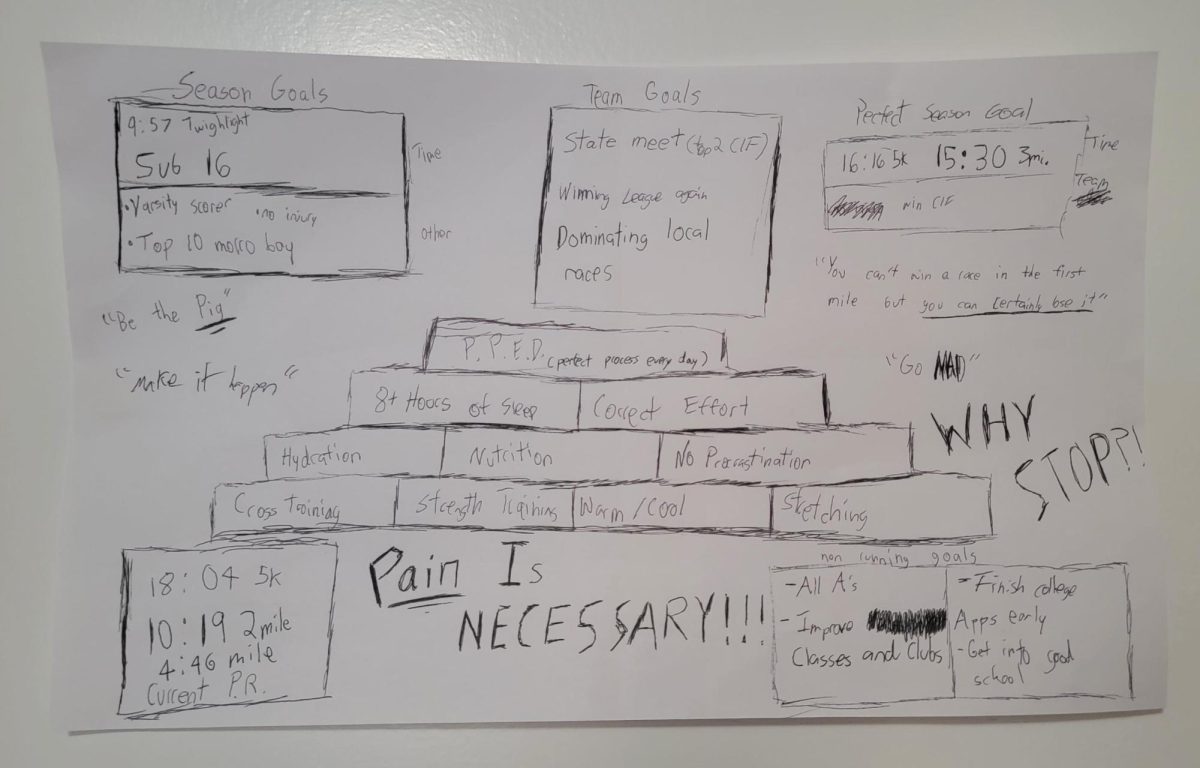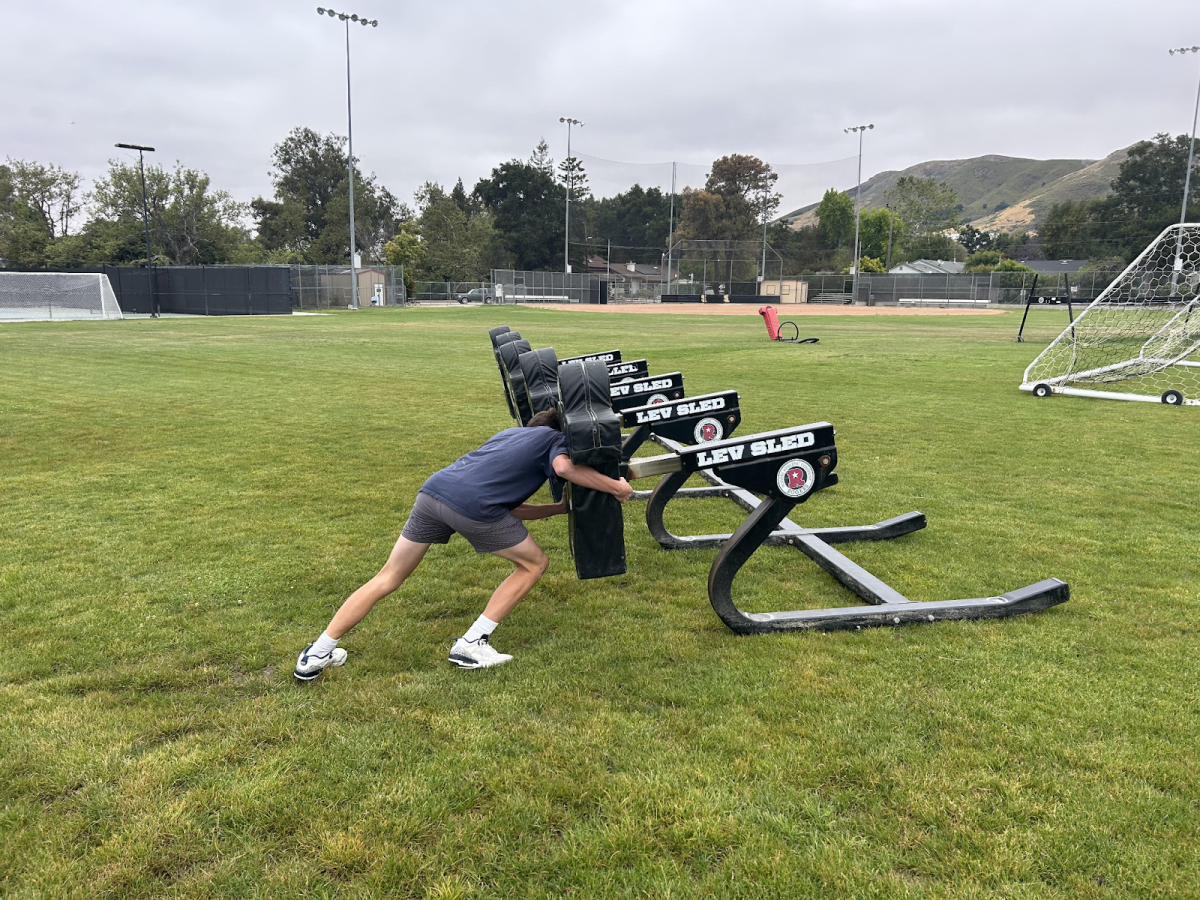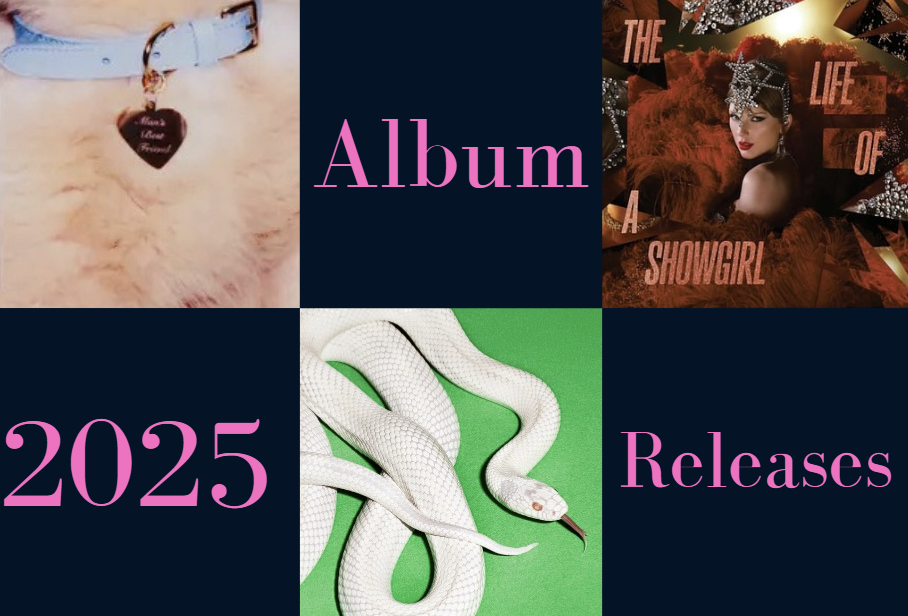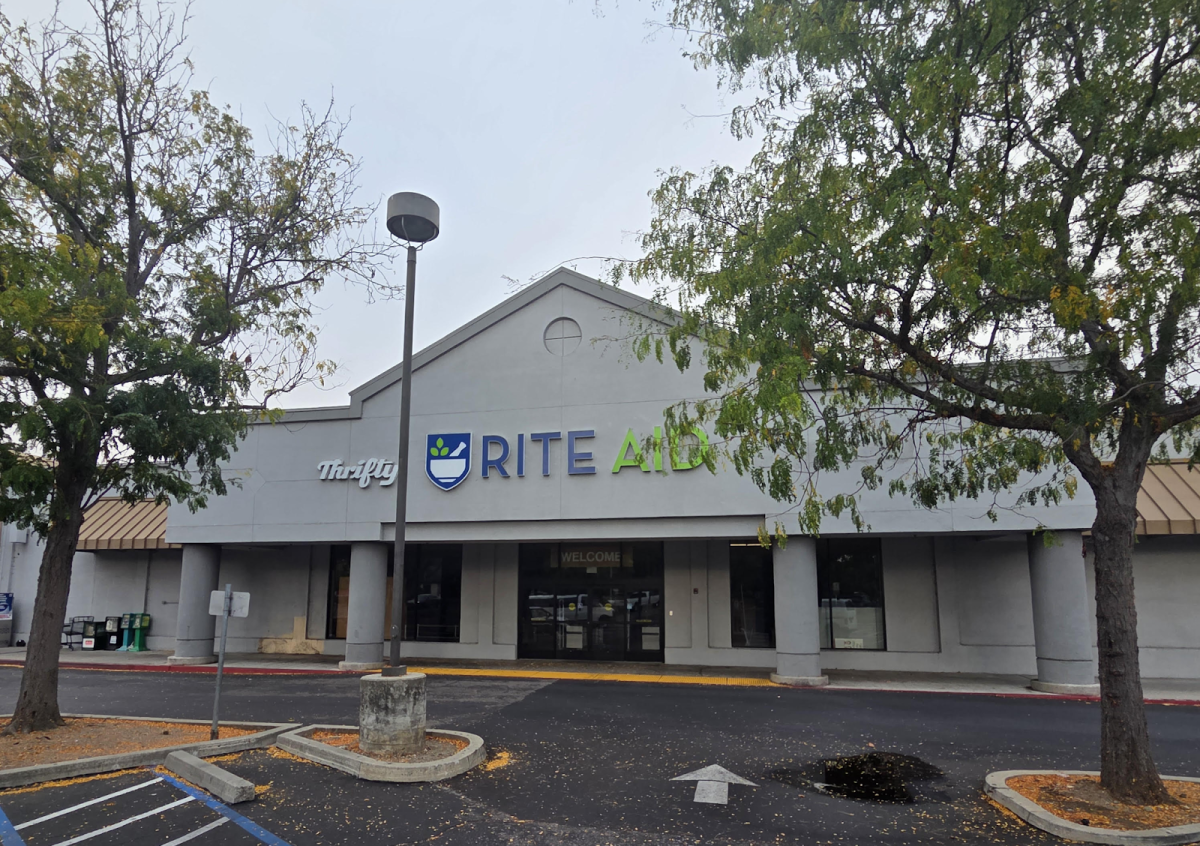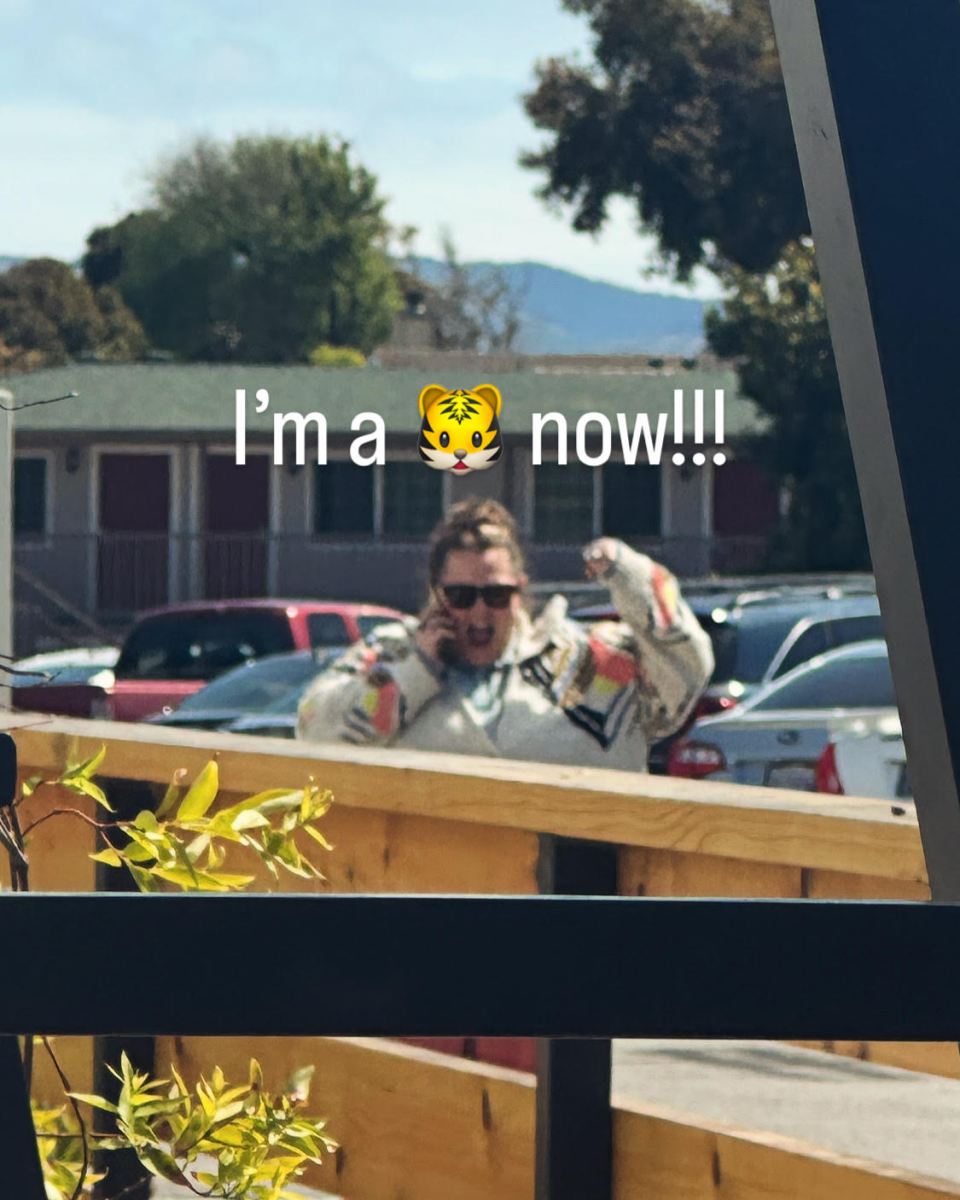Photo courtesy of senior Eden Lerner.
Romantic relationships are hard to come by in a small town like San Luis Obispo High School.
For those who are lucky enough to find a special someone at our school, here are some tips from other students to help keep relationships healthy.
A quote from www.healthline.com described a healthy relationship as, “Healthy relationships are best described as interdependent. Interdependence means you rely on each other for mutual support but still maintain your identity as a unique individual. In other words, your relationship is balanced.”
Expressions asked students from SLOHS questions about their relationships in high school. All of these students have been in a relationship for six months or more, so here are their expert tips for maintaining healthy and strong relationships in high school.
Expressions: What are some key components to a healthy relationship?
Junior Emma Stoudenmire: I think the most important components are communication and common interests. If one of us ever feels off, we learn what helps each other most and communicate what we’re feeling. Also, we do things and talk about things we both commonly enjoy because that’s when we get along best.
Sophomore Lily Rogers: I would say that honesty, trust, and patience are the most important qualities in a healthy relationship. I’ve found that it’s really important, especially if your partner struggles with mental health, to be patient and gentle with them. If your partner trusts you and loves you, they will open up to you eventually.
Expressions: What is your favorite part of being in a long-term relationship?
Stoudenmire: My favorite part is that I have and will always have someone to talk to and hang out with.
Rogers: My favorite part of being in a long term relationship has to be having someone to constantly support me. Being in a long-term relationship has helped me build up confidence and emotional stability, largely because of the support, and motivation that my partner gives me.
Expressions: How do you deal with arguments between each other? what are some healthy outputs of irritability?
Stoudenmire: We’ve learned that it’s okay to be upset for a little. Knowing it’s okay to not always get along with help and not trying to make it better in that second makes it easier for us to understand why one of us is mad or upset. All around it is easier for us to communicate when we’re ready to talk.
Rogers: Arguments are natural and healthy in a long term relationship, and I’ve found dealing with them calmly and in a mature manner is best. Though Izzy and I don’t argue much, we have had disagreements here and there, which shows me that we’re both comfortable enough with each other, to be honest, and share our thoughts.
Expressions: If you have experienced a long-distance time period in your relationship, how did you stay close and truthful to each other?
Stoudenmire: We’ve never really had a long time without seeing each other, but when we started dating in the summer going into sophomore year we couldn’t drive and we could only see each other on the weekends when we weren’t in school (we go to different schools). It was hard, but we always tried to have Saturday be the day we would go out and go somewhere or try something new and exciting, and Sunday be a day where we would just kinda hang out and chill at one of our houses and watch movies
Rogers: I live in Morro Bay while my partner lives in SLO and we’re both pretty busy people, meaning that we don’t get to spend much time together. To combat this distance, we’ve made it a habit to communicate very often and try to call every night. We also try to check in on each other often to make sure everything’s alright.
This information is super helpful for all students looking for smart ways to deal with relationship problems, these students are helpful, smart, and capable young humans to listen and learn from.


